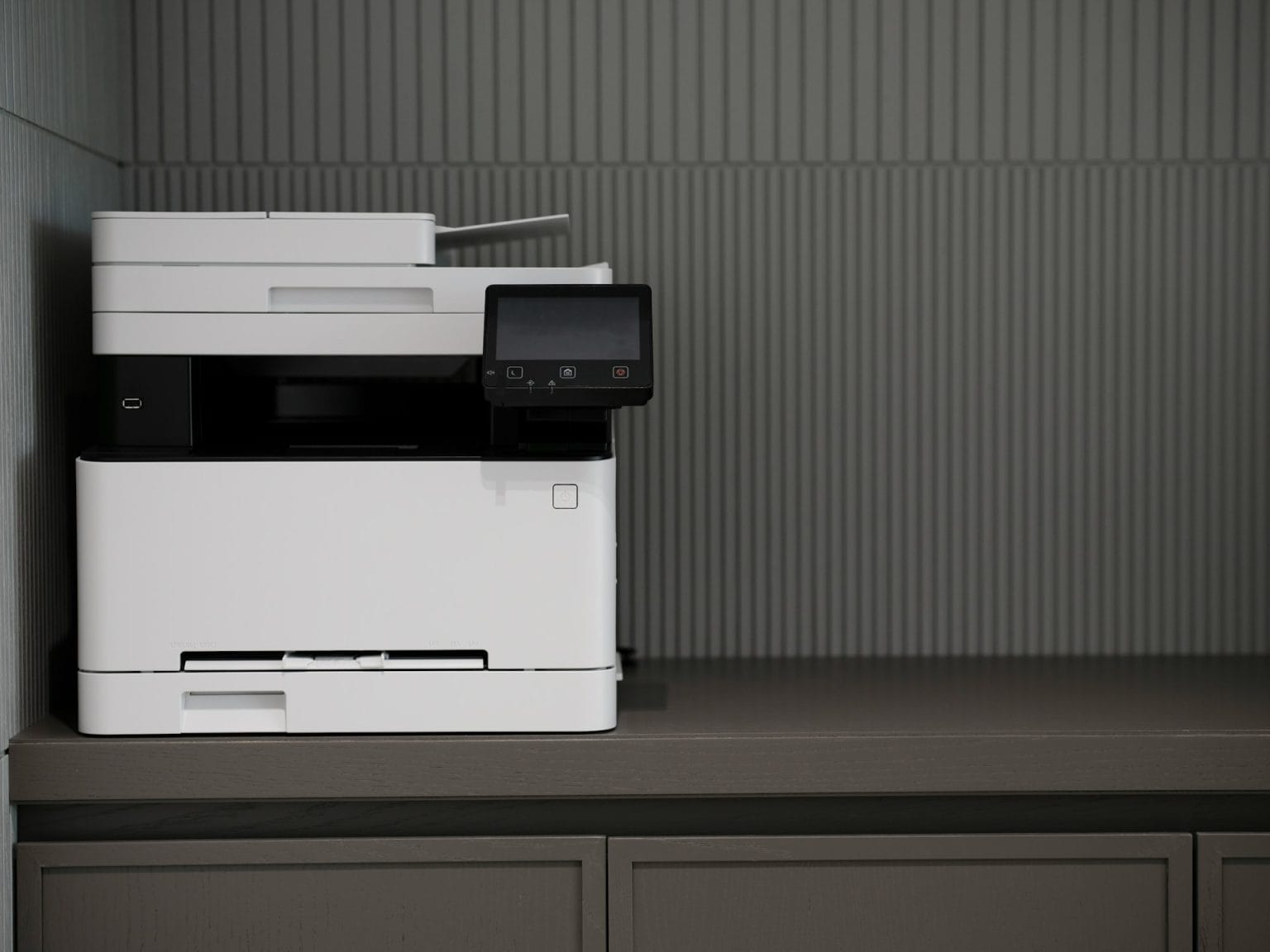Users Report Issues After Installing Latest Firmware Version
HP’s strategy against generic cartridges has reached a new level of controversy, this time even affecting its own products. The latest firmware update released by the company has rendered several printers in the LaserJet MFP M232-M237 line unusable, generating critical errors that prevent them from functioning, even when using the brand’s original cartridges.
According to a report by ArsTechnica, the firmware update version 20250209, released on March 4, has caused hundreds of printers to stop recognizing toner cartridges, displaying the error code 11 and activating the toner warning light.
In HP support forums, users have reported that the update prevents printing, even with original HP cartridges that have sufficient ink levels. One affected user shared their experience:
“I’ve tried all the recommended solutions: cleaning the contacts, rebooting the printer, reinstalling the toner. Nothing works. I’m using an original HP 134X cartridge, with 90% charge, but it still doesn’t recognize it. Is HP deliberately blocking the use of older toners?”, they wrote in the company’s forums.
HP Acknowledges the Issue, But Suggests Buying Another Printer
HP has publicly acknowledged that the update has a bug affecting a limited number of devices in the HP LaserJet 200 series. However, instead of providing an immediate solution, some users who contacted technical support received a discount coupon to purchase a new printer.
One of the affected users expressed their indignation:
“I called HP support and was told that the problem was with the printer, not the firmware. They offered me a discount coupon for HP instead of a solution. It’s unbelievable, first they ruin my printer with an update and then force me to buy another one. This is a scam!”
This new failure from HP adds to a long list of incidents related to its policy of blocking generic cartridges.
A Strategy Against Competition That Affects Its Own Customers
For nearly a decade, HP has implemented firmware updates aimed at blocking the use of third-party ink and toner cartridges, citing reasons of print quality and intellectual property protection.
The controversy began in 2016, when HP introduced the “Dynamic Security” feature, a measure designed to prevent the use of non-original cartridges, resulting in many printers rejecting third-party ink with error messages such as “Cartridge Problem” or “One or more cartridges appear to be damaged”.
Despite complaints and lawsuits from consumers and consumer rights organizations, HP has continued to tighten these restrictions with every new firmware update.
In May 2023, the company released a faulty update that blocked hundreds of OfficeJet printers, rendering them completely unusable for weeks. Now, with the issue affecting LaserJet, HP faces a new reputation crisis, impacting both users of generic cartridges and customers opting for the brand’s original consumables.
User Reactions: Switching to Other Brands
In light of these issues, many consumers are choosing to leave HP and opt for more reliable alternatives. In support forums, several users have indicated that they have decided to purchase printers from Brother or Epson to avoid future blockages and restrictions.
One of them commented:
“I bought a Brother printer for $144 at Walmart. It’s not perfect, but at least I won’t be blocked by firmware updates. No more HP for me.”
Such reactions show the erosion of consumer trust toward HP, a company that has gone from being a benchmark in printing to becoming a symbol of unjustified restrictions and bad business practices.
Will History Repeat Itself?
HP has stated that it is working on a solution for the affected devices, but has not provided details on when a corrective update will be released or what measures will be taken to compensate the affected users.
The company’s history suggests that this won’t be the last scandal related to its strategies against generic cartridges. Meanwhile, many customers have already decided to no longer trust HP and seek alternatives in the market.
References: ARStechnica and HP.

